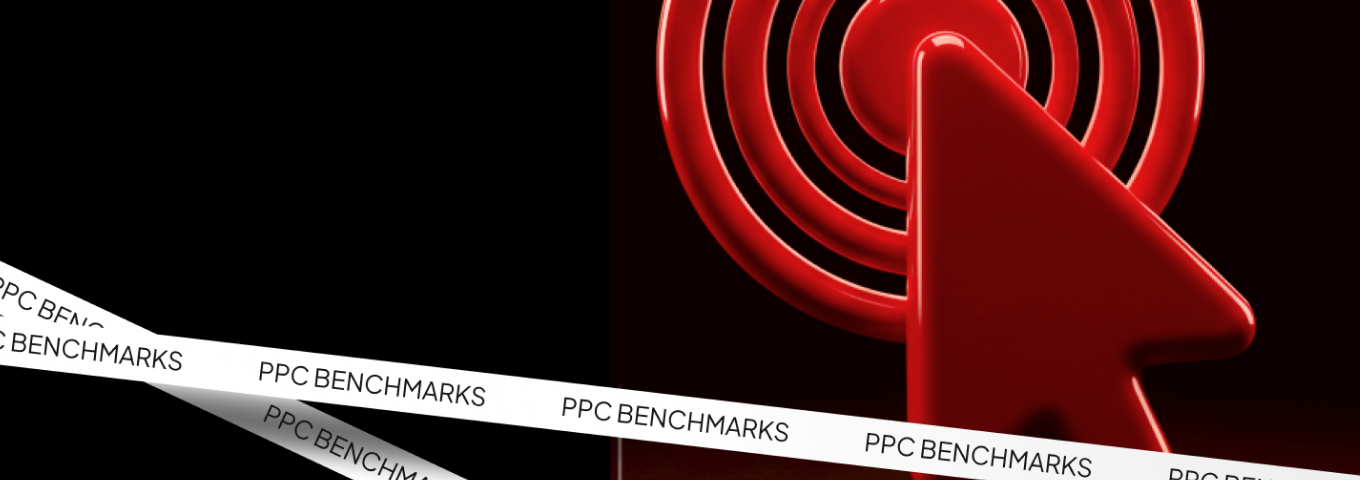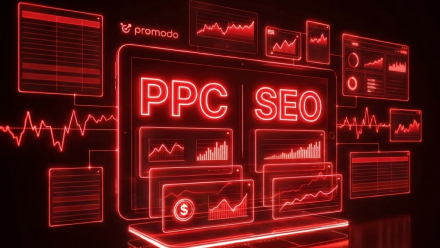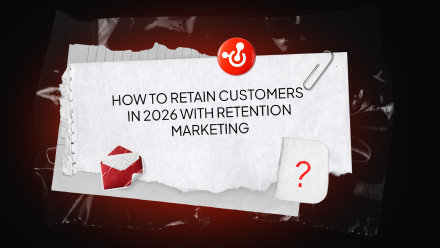
If you’re running a pay-per-click (PPC) Google campaign in 2026, you’re probably wondering whether it’s really effective and how you stand.


Businesses that don’t integrate SEO at the earliest stage of website development often have to pay for the same work twice.

In paid advertising, just like in business in general, the Pareto principle applies: around 80% of profit comes from just 20% of products.
.png)
Assuming you’re on the receiving end of the story, do you know what your SEO expert should provide in these reports?

There is no universal PPC vs SEO split that works for every startup. The ideal solution is a combination of both.

Retention marketing itself is already a trend. With the rising cost of acquiring new customers, companies are finally paying more attention to...
.png)
Users rarely behave as we expect. Website heatmaps help you examine this interaction in detail and see what captures attention.


Subscribers
work period
Subscribers
Revenue
ROAS
Work period



Global



United States


United States


United States



Ukraine


Ukraine


United Kingdom


Global


Baltic countries


Poland


US vs UK
Subscribe to our emails and receive new content and case studies once a week.
%20(1).webp)
%20(1).webp)